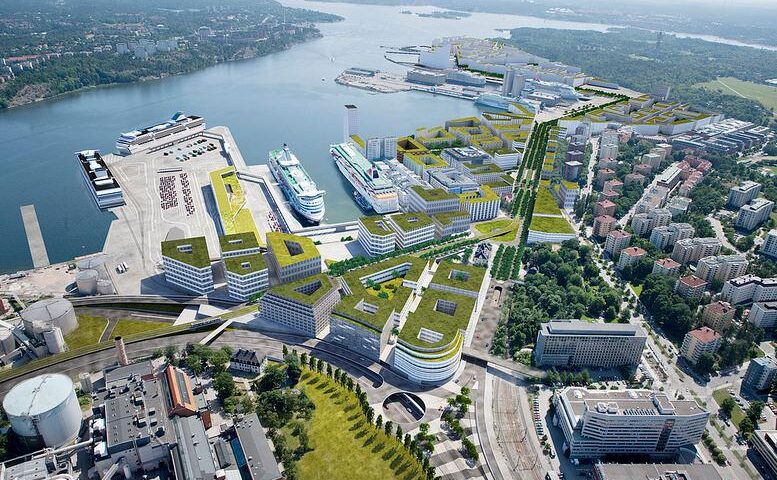The undergoing structural changes, that put shipping and ports industry under pressure and driving the need for innovation was the key theme of PortEconomics member Indra Vonck presentation during the Baltic Ports Conference 2017.
Indra divided these structural changes in three major issues: 1. Increased complexity, 2. Pressure on revenue and costs and 3. Energy transition.
Detailing the three issues he concluded in suggestions that will move forward the port industry:
- The future of the ports is challenging but bright since innovation will have a greater role to play and will enable the port to generate significant value for customers, shareholders and employees
- The regulator and port authority must strive to guide ports through these turbulent times as well as facilitate them in this process of change
- Collaboration is critical on both a horizontal and vertical level and nurturing an ecosystem where innovation can truly thrive is now essential
- Rethink how change is currently managed in your port and develop specific strategies for transformational innovations: be bold, set up a specific structure operating with protected funds, measure and incentivize with non-economic metrics
- We need to manage the risks of innovation in proactively and prepare our workforce and organizations for the impact of digitalization and automation
The presentation freely available in PortEconomics, was given in the context of Baltic Ports Conference held 6-8 September, in Trelleborg, Sweden.












